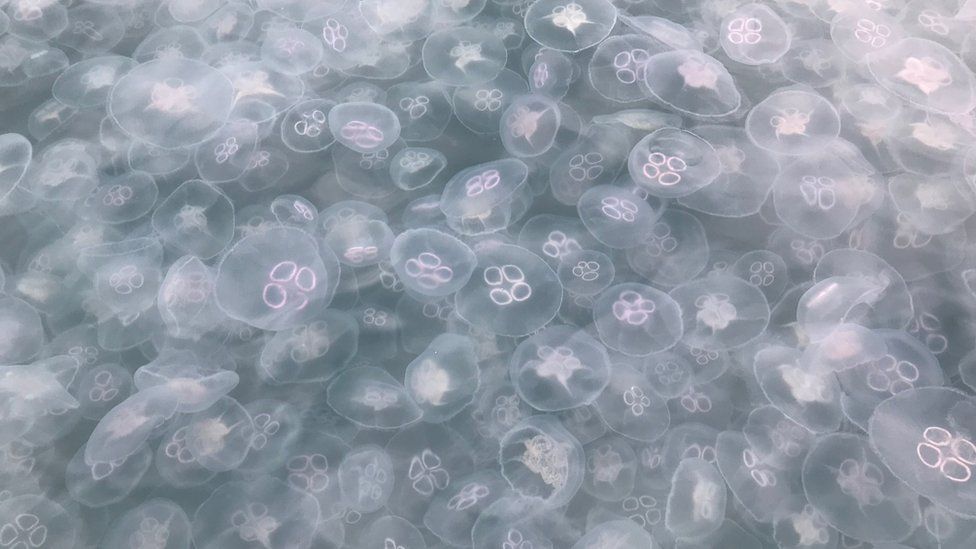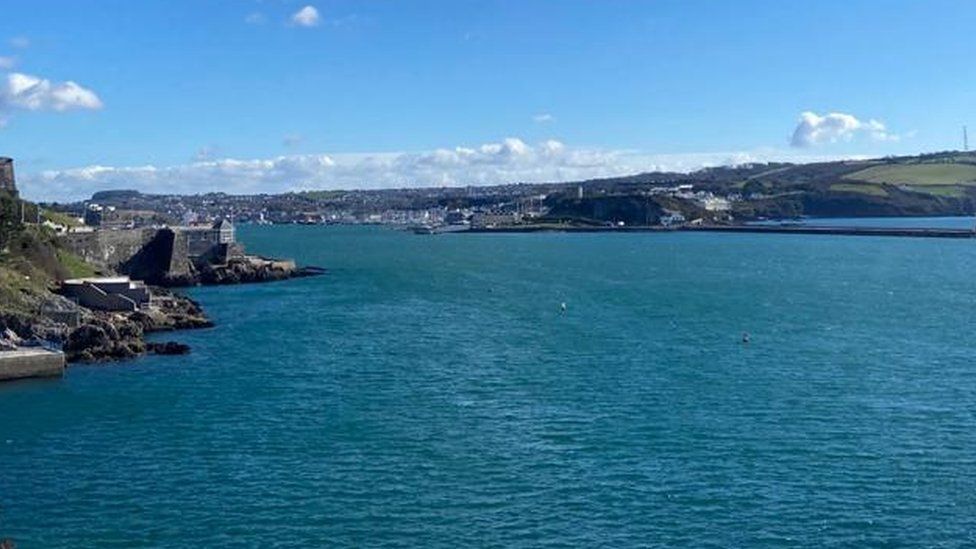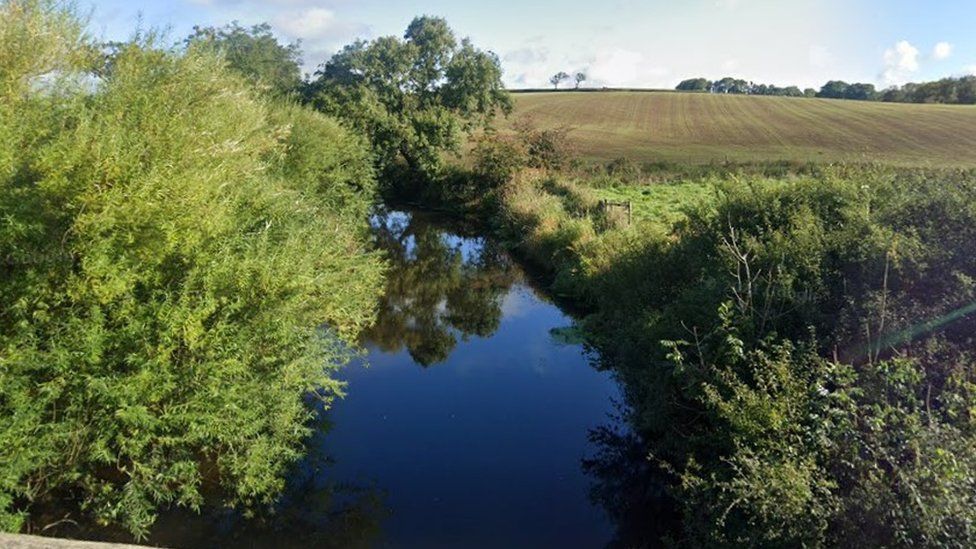In comparison to this time of year, Plymouth Sound's sea water temperature is about 3–4°C higher. If you want to swim or surf, it can be great, but what does it mean for the marine ecosystem and for people like us?
The seas surrounding the UK and Ireland are currently experiencing an extreme heatwave of category 4, the highest heatwave category.
Since records began in 1850, sea surface temperatures have been rising globally in recent weeks.
Changes in sea surface temperatures have an impact on the marine ecosystem, beginning with the plankton, which is the smallest plant and animal life in the ocean.
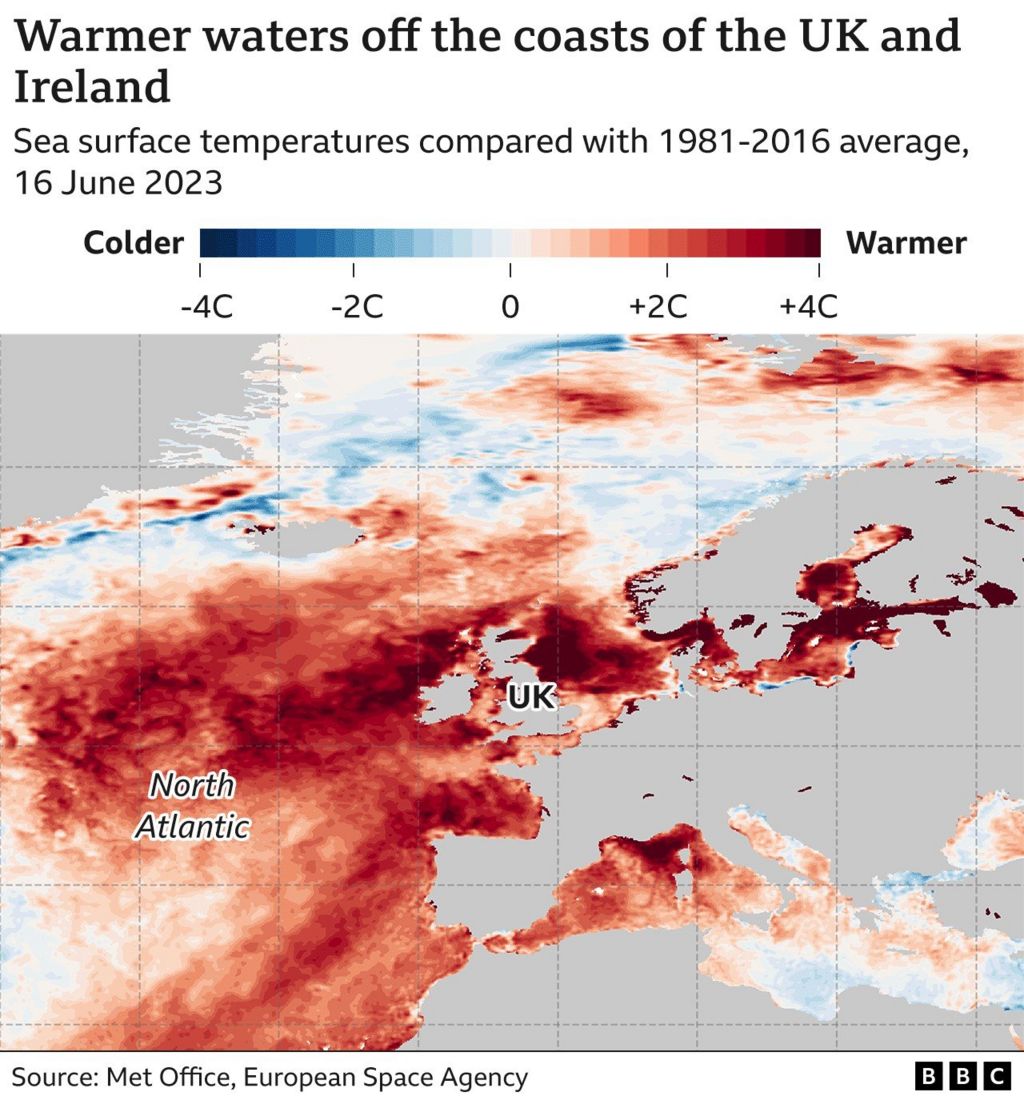
Our waters' phytoplankton and zooplankton are studied by Plymouth Marine Laboratory (PML), which has 30 years' worth of data.
A sensor samples the water 13 km (8 mi) south of the city, photographs the plankton, and then sends the images back for analysis.
Daily tests and inspections are performed on samples to look for any anomalies.
The higher temperatures are putting marine life under "thermal stress," according to Claire Widdecombe, a plankton ecologist at PML.
She explained that while some species might adapt, others wouldn't.
"There are also harmful algal blooms that can result in skin rashes; normally, these are in the Mediterranean, but they are currently off the west coasts of Spain and Portugal. ".
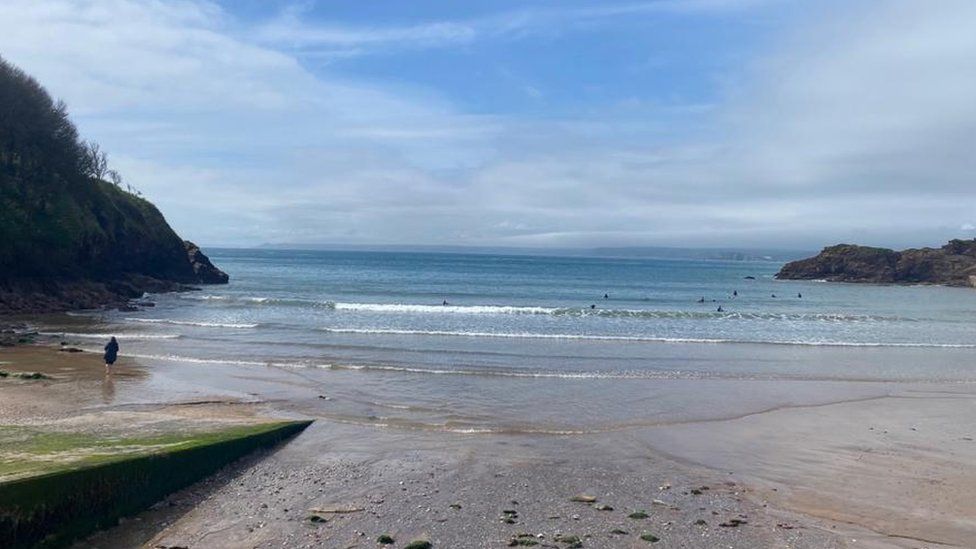
Algal blooms (phytoplankton blooms) are frequently caused by warmer water temperatures, but occasionally these blooms die off, causing a sudden drop in the amount of oxygen in the water.
Overall, marine life cannot breathe and perishes.
This was evident earlier this month when hundreds of thousands of dead fish washed up along the Texas Gulf Coast after being starved of oxygen.
The UK is not there yet, but changes to plankton could also affect other marine species, like jellyfish, that depend on microscopic life.
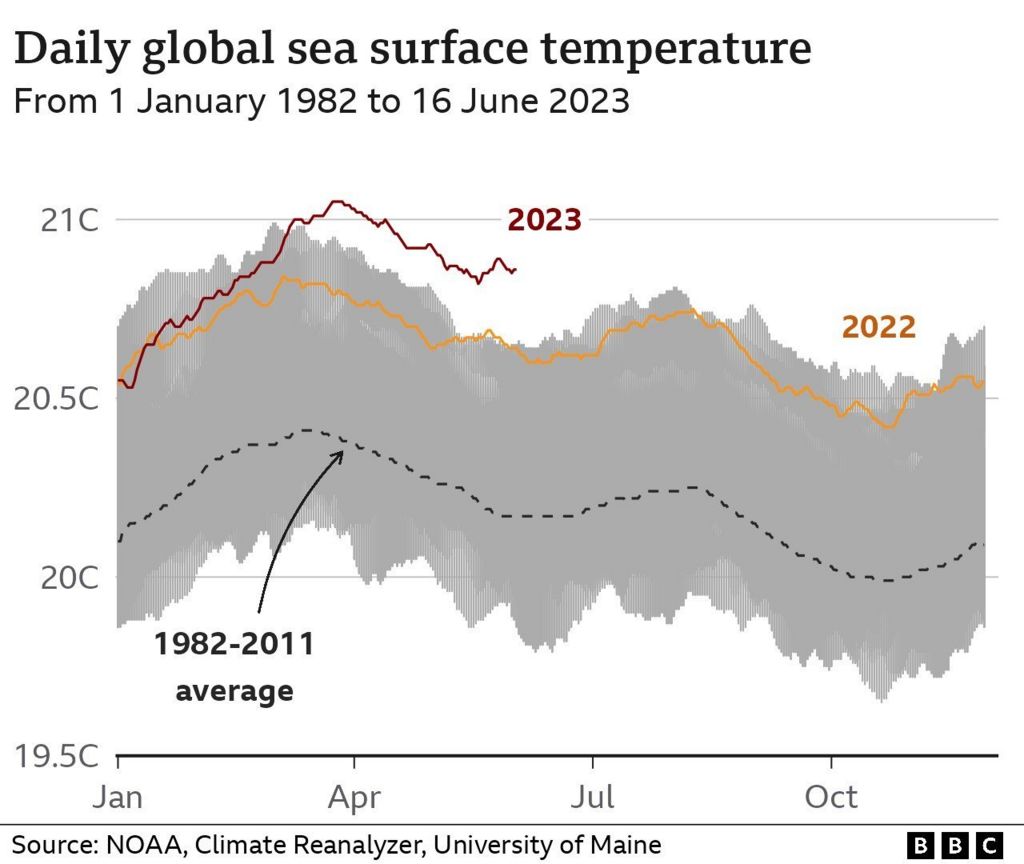
Off Charmouth in west Dorset, a sizable smack of Moon jellyfish was just discovered.
The perfect environment has been created by the increase in sea temperature and the eradication of predators like sharks and tuna.
The Portuguese man of war, which can reach South West shores if the water is warm, has a deadly sting, whereas moon jellyfish only have a mild sting.
